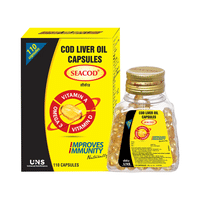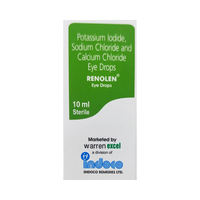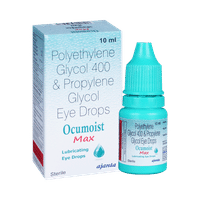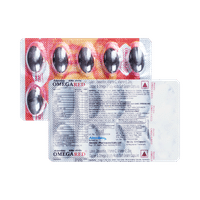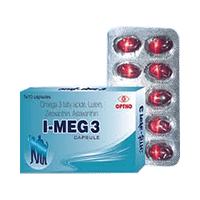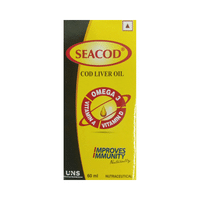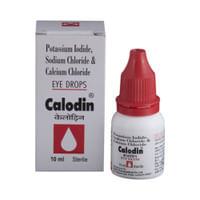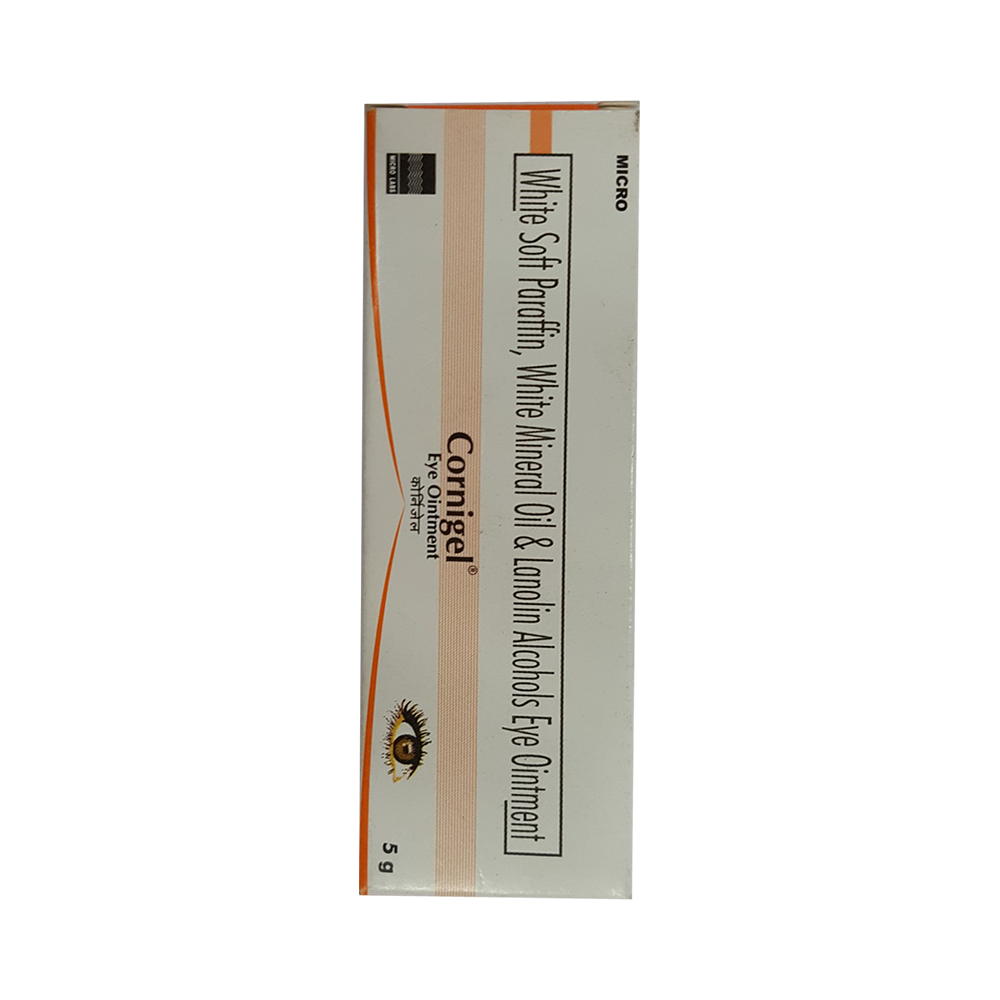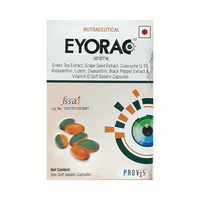Rs.121for 1 bottle(s) (5 ml Eye Drop each)
food interaction for Trocoss F
alcohol interaction for Trocoss F
pregnancy interaction for Trocoss F
lactation interaction for Trocoss F
food
alcohol
pregnancy
lactation
No interaction found/established
No interaction found/established
Information regarding the use of Trocoss F Eye Drop during pregnancy is not available. Please consult your doctor.
CONSULT YOUR DOCTOR
Information regarding the use of Trocoss F Eye Drop during breastfeeding is not available. Please consult your doctor.
CONSULT YOUR DOCTOR
SALT INFORMATION FOR Trocoss F
Tobramycin(0.3%)
Uses
Tobramycin is used in the treatment of bacterial eye infections.
How it works
Tobramycin is an antibiotic. It stops bacterial growth by preventing synthesis of essential proteins required by bacteria to carry out vital functions.
Common side effects
Ototoxicity, Headache, Dizziness, Vomiting, Nausea, Diarrhea, Skin rash, Ringing in ear, Vertigo, Confusion, Disorientation, Lethargy, Exfoliative dermatitis, Itching, Increased aspartate aminotransferase, Increased alanine aminotransferase, Increased bilirubin in the blood, Decreased calcium level in blood, Decreased magnesium level in blood, Decreased potassium level in blood, Renal abnormalities, Fever, Voice change, Anemia (low number of red blood cells), Granulocytopenia, Low blood platelets, Discoloration of sputum, Respiratory tract infection, Muscle pain, Nasal polyps, Otitis media (infection of ear), Eye toxicity, Hypersensitivity, Blurred vision, Stinging in the eyes, Allergic reaction
Fluorometholone(0.1%)
Uses
Fluorometholone is used in the treatment of redness and swelling in the eye.
How it works
Fluorometholone is a steroid. It works by blocking the release of certain chemical messengers (prostaglandins) that cause redness and swelling in the eye.
Common side effects
Eye irritation, Increased intraocular pressure, Eye pain, Taste change, Eye itching, Corneal defect, Eye discharge, Eye discomfort, Dry eye, Teary eyes, Foreign body sensation in eyes, Eye redness, Headache, Fine elevations on the conjunctiva, Photosensitivity, Eye inflammation, Keratoconjunctivitis, Lens opacity, Fatigue, Runny nose, Migraine, Vertigo, Numbness, Urinary tract infection, Eczema, Diarrhea, Weight gain
SUBSTITUTES FOR Trocoss F
2 Substitutes
2 Substitutes
Sorted By
 Rs. 100save 20% more per ml of Eye Drop
Rs. 100save 20% more per ml of Eye Drop Rs. 67.67save 46% more per ml of Eye Drop
Rs. 67.67save 46% more per ml of Eye Drop
Expert advice FOR Trocoss F
- Can I stop taking Tobramycin when I feel better?
- Do not skip any doses and finish the full course of treatment even if you feel better.
- Tobramycin may cause damage to cornea on long-term use.
- Apply pressure on the corner of the eye (close to the nose) for about 1 minute immediately after instilling the drop.
- Wait for at least 5-10 minutes before delivering the next medication in the same eye to avoid dilution.
- Stinging sensation may occur for 1-2 mins. Notify your doctor if it persists for longer.
- Make sure to use it within 4 weeks of opening the bottle.
Frequently asked questions FOR Trocoss F
Tobramycin
Q. Does Tobramycin have a steroid in it?
No, Tobramycin alone does not have steroids in it. It is an antibiotic, which means that it is effective against bacterial infections. It is not effective against viral or fungal infections and hence should not be used in these kinds of infections. Tobramycin may be combined with steroids such as dexamethasone.
Q. Does Tobramycin have a steroid in it?
No, Tobramycin alone does not have steroids in it. It is an antibiotic, which means that it is effective against bacterial infections. It is not effective against viral or fungal infections and hence should not be used in these kinds of infections. Tobramycin may be combined with steroids such as dexamethasone.
Q. What bacteria does Tobramycin kill?
Tobramycin is effective against a wide range of bacteria. Tobramycin must be used only against susceptible bacteria. A whole gamut of bacteria that can be killed by Tobramycin includes S. Aureus and S. epidermidis, some species of Streptococci, Pseudomonas aeruginosa, Escherichia coli, Klebsiella pneumoniae, Enterobacter aerogenes, Proteus mirabilis, Morganella morganii, most Proteus vulgaris strains, Haemophilus influenza, and H. aegyptius, Moraxella lacunata, Acinetobacter calcoaceticus, and some Neisseria species. Your doctor will evaluate whether this medicine is suitable for your condition.
Fluorometholone
Q. Does Fluorometholone treat pink eye?
Fluorometholone is used for treat inflammation of parts of conjunctiva; relives redness and itching. It must not be used for undiagnosed red eye condition. Always follow the instructions of doctor regarding its use
Q. Is Fluorometholone an antibiotic?
No, Fluorometholone is not an antibiotic. Fluorometholone belongs to a group of medicines called synthetic corticosteroid (glucocorticoid). It is used to relive inflammatory condition of the eye
Q. Is Fluorometholone a steroid?
Yes, Fluorometholone is a steroid. Fluorometholone belongs to a group of medicines called synthetic corticosteroid (glucocorticoid). It is used to relive inflammatory condition of the eye













